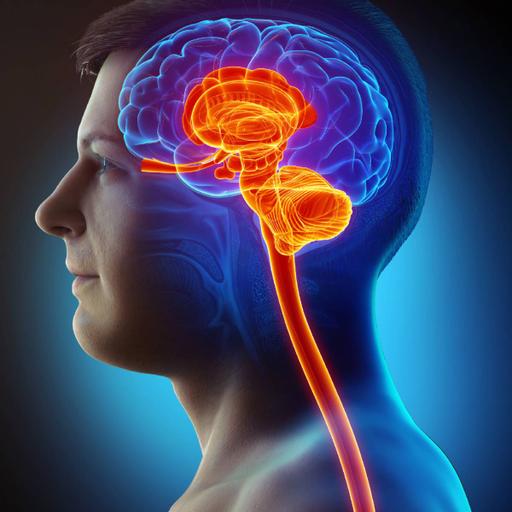Sensory Physiology Part 1
Presentations | English
Sensory physiology is the study of the biological processes underlying sensation. Sensory physiology covers the different classes and locations of sensory receptors and how they work to relay information about stimuli to the nervous system. The distinction between special and general senses is used to classify nerve fibres running to and from the central nervous system – information from special senses is carried in special somatic afferents and special visceral afferents. In contrast, the other sense, touch, is a somatic sense which does not have a specialised organ but comes from all over the body, most noticeably the skin but also the internal organs (viscera). Sensory processing is the process that organises sensation from one’s own body and the environment, thus making it possible to use the body effectively within the environment. Specifically, it deals with how the brain processes multiple sensory modality inputs, such as proprioception, vision, auditory system, tactile, olfactory, vestibular system and taste into usable functional outputs.

13.25
Lumens
PPTX (53 Slides)
Sensory Physiology Part 1
Presentations | English
